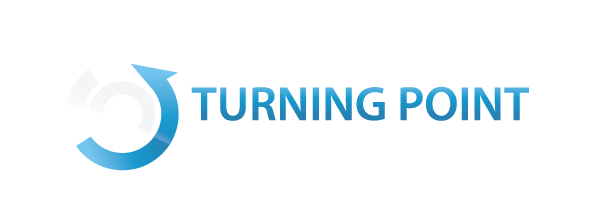
Menopause is rarely a topic of open discussion in the workplace — despite the fact that nearly half of the world’s population experiences or will experience this biological transition, which marks the end of a woman’s menstrual cycle and fertility. According to a study from the Society for Endocrinology, a startling one in four women will experience serious menopause systems.
Menopause often intersects with a critical career stage. It usually occurs between ages 45 and 55 – which is also the age bracket during which women are most likely to move into top leadership positions (technically 53.46 years old for a CEO). Since menopause generally lasts between seven and 14 years, millions of postmenopausal women are coming into management and top leadership roles while experiencing mild to severe symptoms such as depression, anxiety, sleep deprivation and cognitive impairment, to name a few. A recent Korn Ferry analysis finds that women hold only around 25% of C-suite positions. If we want to continue to move the needle on the number of women in leadership roles and maintain their valuable contributions to a company’s bottom line, I believe we need to be more open about what menopause is and how it affects both individuals and organizations.
Some researchers suggest that workplace ageism also plays a part in the exclusion of menopausal symptoms from corporate health policies. Companies can be wary of hiring and or accommodating older employees’ health needs. “We find [aging women] kind of disposable or marginal — so it doesn’t surprise me that something that impacts older women in particular would be not only a discomfort, but a non-concern,” explained Chris Bobel, an associate professor of gender studies at UMass Boston.
Like a lot of women, I instinctually disguised my symptoms when menopause began for me. It was a sharp difference from when I was pregnant — during that time, I didn’t think twice about confessing forgetfulness and fatigue. Men and women laughed knowingly and supportively at my anecdotes. But menopause was different. I wouldn’t reveal the cause, despite getting lost (even with a GPS), arriving late to important meetings, double and triple-booking calendar time slots, missing flights, and not even being able to recall what someone had said to me just a few minutes earlier.
When my symptoms began, I was convinced that, at age 48, I had early-onset Alzheimer’s disease. Too afraid to discuss my difficulties with anyone at work, I made excuses for my forgetfulness and backed off from a career-enhancing role. How could I take on a bigger challenge when I kept forgetting key details about my projects? When my physician diagnosed menopause, it was a relief and a surprise.
Other women I’ve spoken to about this experience have echoed how difficult it can be to manage menopause symptoms and work. “Moderating that high-profile panel, in front of 200 industry experts, should have been a career highlight. It was a disaster,” grumbled Sandala (not her real name), a 46-year-old biotech vice president. “Those years of confusion, self-doubt, and severe anxiety practically killed my entire career,” Enia (also disguised), a 51-year-old tech executive, told me.
In Enia’s case, her symptoms became so severe that two years of damaging 360-degree feedback and deteriorating results led to her dismissal. Today, she works as a diversity-and-inclusion consultant for organizations who are accommodating a broader range of women’s health issues. With a twist of irony, her former employer now engages Enia as a consultant. She’s happier and healthier than ever.
In retrospect, Enia wishes she’d been more courageous and spoken up about her need for support. Any taboo topic loses power when someone with authority addresses it openly. We are learning to discuss race, gender, and generational differences more openly at work and we need to put menopause on the agenda.
What can employers do? Based on my experiences, it starts with talking. If you are a leader going through menopause, try to normalize your challenges, so that other women can feel empowered to speak in the future. Just saying something like, “I’m going through menopause, and I keep forgetting things!” shows others this is something that is okay to talk about. Dialogue costs nothing, but reaps big rewards.
It also takes education. There’s a lot of mystery and misinformation about this life stage, and just gathering some basic facts from trusted medical sources is a good start.
Managers can work to bring this issue into the daylight by focusing on its connection to employee well-being — after all, menopause is one of the many health issues that can contribute to stress and burnout. Talk with the women and men on your team about how you might approach accommodation strategies like flexible work schedules, offering options to work from home, or providing company information sessions. Through active leadership support, an organization can begin to realize benefits in productivity, work culture, and the bottom line, when menopausal transition is addressed as a specific, work-related concern.
When I went through this, my initial fear of embarrassment stopped me from getting the support I needed. Finally, when it was too hard to continue pretending that nothing was amiss, I said in a 12-person meeting: “I’ll have to excuse myself for a few minutes. I’m having a hot flash and need a break.” In that moment, I felt powerful, self-assured, and relieved. Everyone nodded like it was no big deal. After the meeting two colleagues approached me to share their own experiences. That encouraged me to speak about my symptoms more often, and I hope my experience inspires others to do the same.


